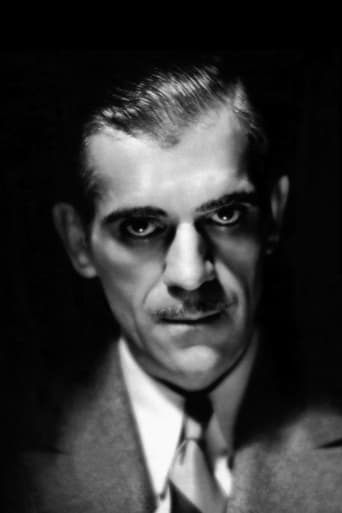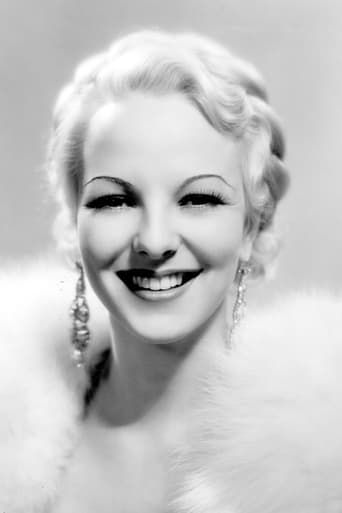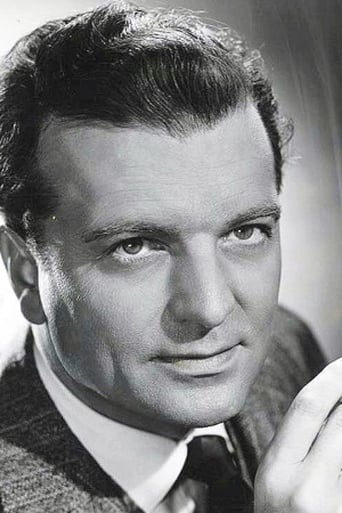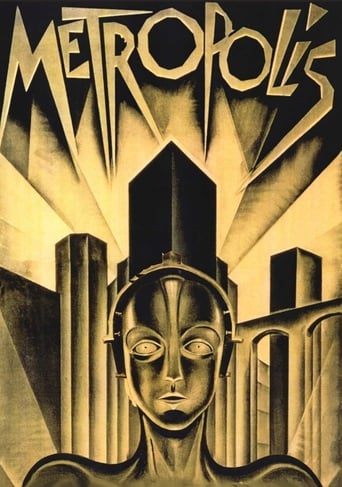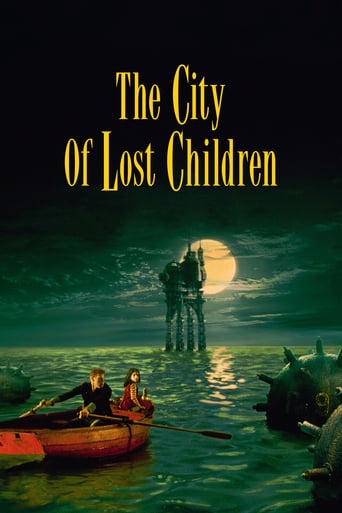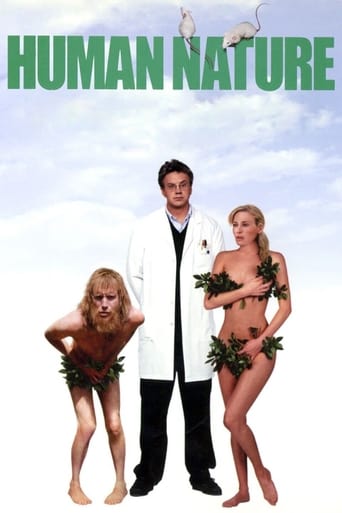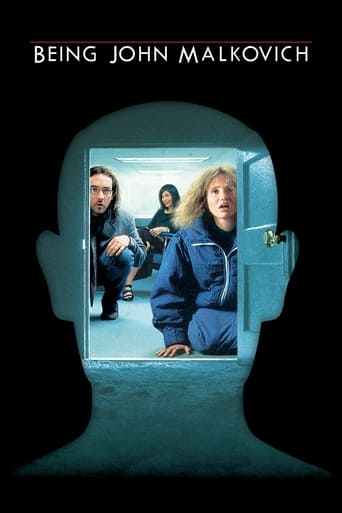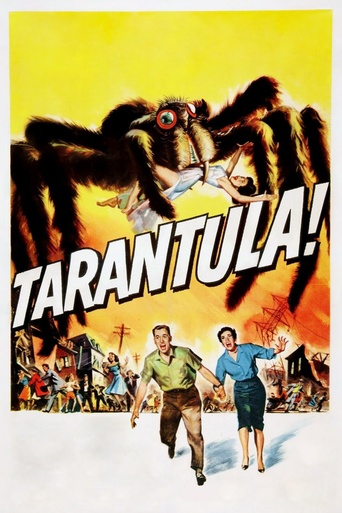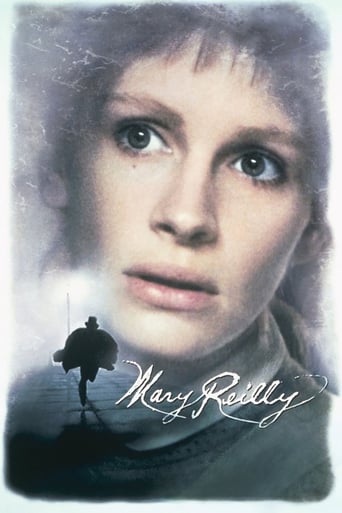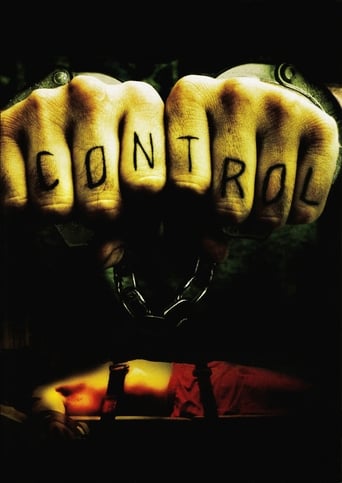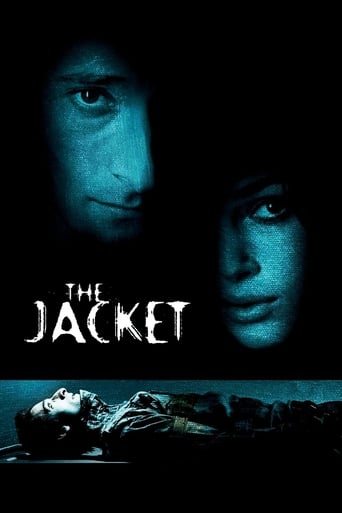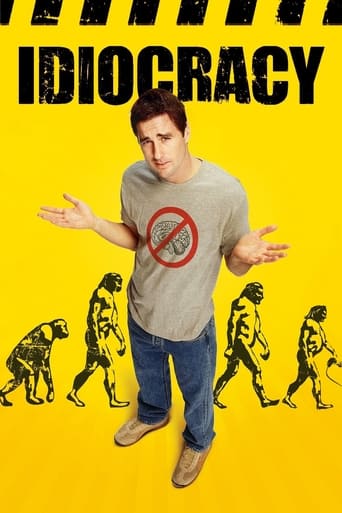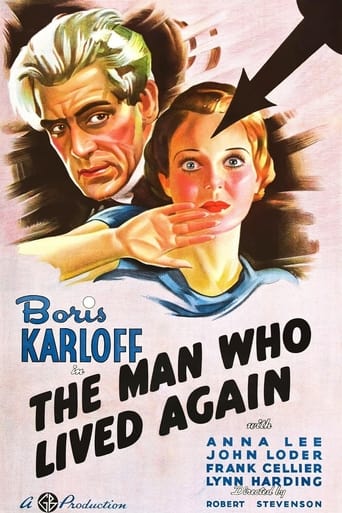
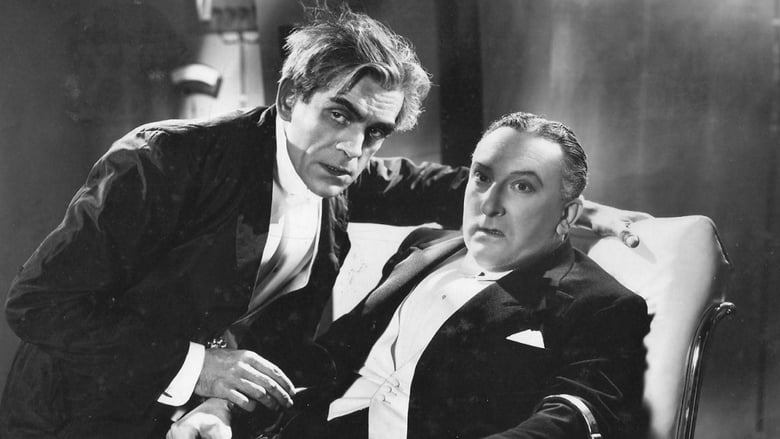
The Man Who Changed His Mind (1936)
Dr. Laurence, a once-respectable scientist, begins to research the origin of the mind and the soul. The science community rejects him, and he risks losing everything for which he has worked. He begins to use his discoveries to save his research and further his own causes, thereby becoming... a Mad Scientist, almost unstoppable...
Watch Trailer
Cast


Similar titles
Reviews
I like the storyline of this show,it attract me so much
Wow! Such a good movie.
It's entirely possible that sending the audience out feeling lousy was intentional
The story, direction, characters, and writing/dialogue is akin to taking a tranquilizer shot to the neck, but everything else was so well done.
"The Man Who " takes a long time to get going. Until the climax, in fact, the best thing about the movie are Boris Karloff's studiously mannered, theatrically nervous performance (director Robert Stevenson indulges him with lots and lots of close-ups) and Donald Calthrop's unnerving study of a twisted, wheel-chaired patient. The climactic switch, however, provides Frank Cellier a golden opportunity to show us what he can really do in the acting department. In fact, he seizes it with such charismatic vitality, he even manages to steal scenes from Karloff. And would you believe it? – I know this is really hard to credit – even John Loder comes good momentarily (though Jack Cox's superb cinematography deserves a great deal of the credit).Aside from Loder, who is actually a bit more animated here than usual, the one dampener on the movie's success is Anna Lee. Usually, she's good, but this time her role is underwritten. And unfortunately, Stevenson has compounded the error by emphasizing both the paucity of her material and her inadequacies as a star personality by exposing her to revealing close-up after close-up? Like all post-Frankenstein variations on the horror film, a surprising amount of emphasis is placed on laboratory machinery. Personally, all these flashing tubes, palpitating dials and lightning rod conductors, bore the pants off me! But Stevenson gives them all a great run. Personally, I thought the other sets much more effective: the creepy old house, the institute steps and especially the science lecture theater.Personally, I'm rather surprised that neither Stevenson nor his editor seem the least inclined o pep up the pace a bit. It does tend to drag, particularly in the Lee-Loder scenes. Fortunately, the movie does finally come around to an effectively written and acted climax.
OK, so the opening moments are likely to make a modern audiences grind their teeth a little, as a British journalist spends an inordinate amount of time and energy trying to convince an independent professional woman (in fact, a brilliant surgeon!) to marry him instead of going off to pursue a chance to study with Karloff's character. But it was the 30s and it was Great Britain, so I'll let it slide.This early "mind switch" movie has a great performance from Karloff (which is no surprise) and also from two of the supporting actors (one playing a wheelchair bound paralytic, the other the lead actress' father and millionaire crusading publisher). This isn't to say that everyone isn't fine in "Man", just that the nature of these three parts means that a) they get all the best lines, and b) they all get to play each other (what with the mind transplants and all).The director keeps things moving and the scenes stay energetic and snappy, the black and white photography makes the sets look moody and interesting. The screen play distinguishes itself with some interesting twists ,and the plot spirals down into a sort of comedy of errors in the last third of the movie as Karloff decides to get the girl by committing a murder as himself, then switching bodies with his rival and leaving the poor sap to take the blame. (This actually makes perfect sense in the context of the movie).However, things don't quite work out, and hilarity ensues. Good wins out in the end, because evil can't be bothered to take care of minor details (like ensuring that the victims' bonds are tight) and because that's just how things were done back then.Lots of fun. Well worth seeking out if you are a fan of Karloff or British horror films in general.
It's difficult to say that a movie from the 30s is filled with clichés, because at the time they weren't so. The mad scientist, the arrogant businessman, the cocky boyfriend and the kind and clever woman, they are all here and doing the same things they do in today's movies. Perhaps at time time they were book stereotypes... How we can't improve on the story of films after 80 years is a testament of our complacency as humans. Perhaps this is why mad scientists appear, they are only men of science at the beginning, but the world drives them mad. There is such a scene in the movie and one of the few in the genre that try to explain the desperation that takes one to do insane things. In this time, the madness of the scientist is a given and nobody cares why he does it, only that he die in an explosion wild eyed and screaming "Noo!".All in all, a classic of horror.
The machine that transfers brains is a staple of science fiction to the point of being camp or cliché, but this is probably the first time the idea was used on film. Karloff plays a mad scientist who invents the device, demonstrating it on a pair of chimps. A British newspaper mogul bankrolls his research, only to find his mind exchanged for the mad doctor's crippled lab assistant.Karloff's performance is what makes this movie. He returned to the United Kingdom after his initial success in Hollywood and made a series of low-budget horror films, of this was probably one of the best of the lot. Nowhere near the quality of Universal.


